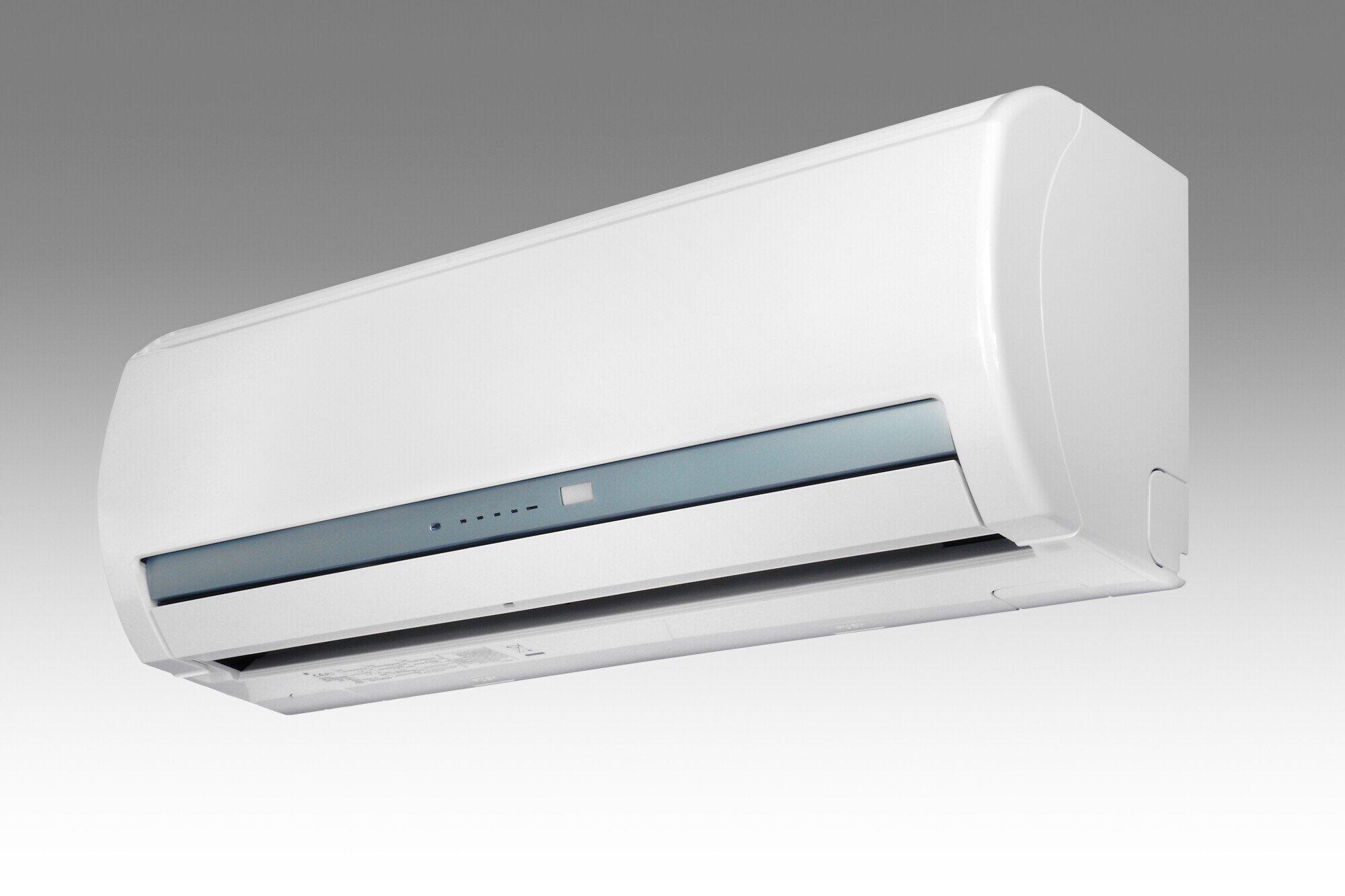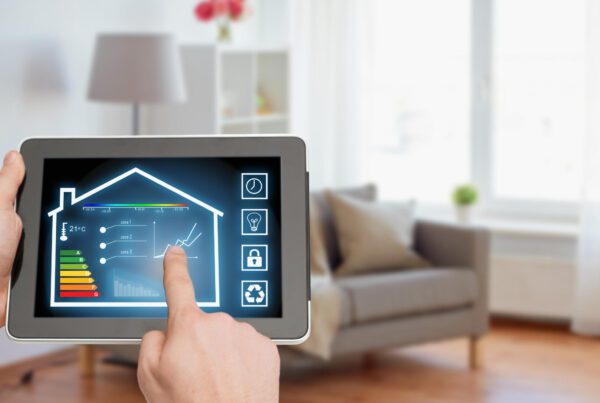Did you know that indoor air can be up to 100 times more polluted than outdoor air? That’s because pollutants have a greater opportunity to accumulate and develop higher concentrations. This is alarming, given that Americans spend 90% of their lives indoors.
There are some common reasons for this. One is a dirty AC filter.
Fortunately, this problem is easy to diagnose and address. Keep reading to learn more about how a filthy filter could impact the air quality of your Coralville, IA, home, and what to do about it.
Common Indoor Air Pollutants
For this article, we will only focus on contaminants that air filters can potentially filter out. Keep in mind that there are other pollutants, such as asbestos, radon, carbon monoxide, and nitrogen dioxide. These are quite dangerous but need to be addressed at the source.
Many other common pollutants are found in homes. These come in various forms of particulate matter (PM), or microscopic solid or liquid droplets that people can inhale. Some are harmless while others can lead to health problems.
Dust and Pollen
Two of the most common sources of PM are dust and pollen. These can vary in prevalence, depending on where you live.
Both dust and pollen–the yellow, powdery grains discharged from plants–can be a major respiratory irritant. As the materials disperse through the air, they also have the opportunity to settle on surfaces.
Cooking PM
Another common source of PM is cooking, especially frying and grilling. These generate smoke and grease particles that can remain in the air. Likewise, remnants from burning wood can contaminate the air space in homes.
Pet-Related PM
Dust mites and pet dander are other contaminants that can pollute the air inside homes. If you have dust mites in your home, you may be inhaling the creatures themselves or their waste. Dust mites are microscopic anthropods that get their name because they live on dust particles.
Pet dander refers to tiny proteins that are shed from the skin of pets. They can cause allergic reactions in some people and can be irritants to almost anyone. There are other types of pet allergens, but these get into the air where people can inhale them.
Mold and Mildew
Mold and mildew are fungi found in damp areas of homes. (Mildew is a type of mold.) Like all living things, molds need water to live, which is why they are common in bathrooms, kitchens, basements, or other places with a lot of moisture.
They also spread airborne sports. This not only can lead to further mold growth but contaminates the air as well. Mold spores can cause allergic reactions in human beings, as well as skin irritation, respiratory problems, and even internal fungal infections.
Chemicals
Your home’s air could have many different types of chemicals in it. These include pesticides and volatile organic compounds (VOCs).
VOCs are emitted as gasses from various sources. These include building materials, furnishings, solvents, and cleaning and personal care products.
Chemicals also can come from candles, incense, pesticides, and tobacco smoke. Many of these can lead to respiratory illnesses or other health problems, including cardiovascular issues and cancer.
How Do AC Filters Impact Indoor Air Quality?
Almost every home AC unit naturally filters the air. To what extent depends on various factors (more on that in a minute).
AC systems draw air in through a series of intake vents located throughout the building. Ideally, intake vents are placed in areas most advantageous to air filtration and circulation. Some intake vents have prefilters, for capturing larger debris floating in the air.
The main filtration system has one or more air filters designed to capture small airborne particles, including the ones mentioned above. However, they vary in their ability to do so. This capacity is measured by a MERV rating.
What Is a MERV Rating?
“MERV” stands for minimum efficiency reporting value. It is a rating system that describes a filter’s ability to filter PM, which is measured in microns.
For instance, MERV ratings between 1 and 4 will filter out PM that is 3 microns or larger. This includes things like larger dust or debris. These filters are mostly reserved for prefiltering, such as at air intake vents (mentioned above).
Air filters with a MERV rating between 5 and 8 capture particles that are 1 micron in size or larger. This includes PM such as most pollen, mold spores, and pet dander.
Filters with MERV ratings between 9 and 12 can begin to capture PM that is as small as 0.3 microns in size. This includes fine dust as well as some bacteria and viruses.
Filters with a MERV rating of 13 and above can capture microscopic particles, including smoke and smog. They are mostly reserved for cleanrooms, such as pharmaceutical facilities or operating rooms.
Note that higher MERV ratings also are more effective at filtering out larger particles than lower-rated filters. For instance, a MERV rating of 5 to 8 will capture more PM that is 3 microns in size than a filter with a MERV rating of 1 to 4.
How to Choose the Right Replacement for a Dirty AC Filter
You might assume that the higher the MERV rating, the better. That is generally true regarding filtration abilities, but it is not quite so simple when dealing with home AC systems.
First, the higher the MERV rating the more power it takes to push air through. For filters with lower MERV ratings, this difference may be negligible.
However, if you install a filter with a very high MERV rating, it could lead to greater energy costs. It also could place undue strain on your system, diminishing its effectiveness and life expectancy.
Note that a dirty AC filter can further strain your system. That is why it is important to change them regularly.
Find AC Repair Near Me
Now that you understand how a dirty AC filter impacts indoor air quality, you can take steps to keep it clean and working properly. An experienced technician can further advise you on the best filter and MERV rating for your home.
Since 2006, Absolute Comfort Heating and Air Conditioning has served Coralville, IA, and the surrounding areas with the highest quality heating and AC services. We provide new installation, repair, and maintenance plans. Reach out to us today for a free AC repair estimate.





